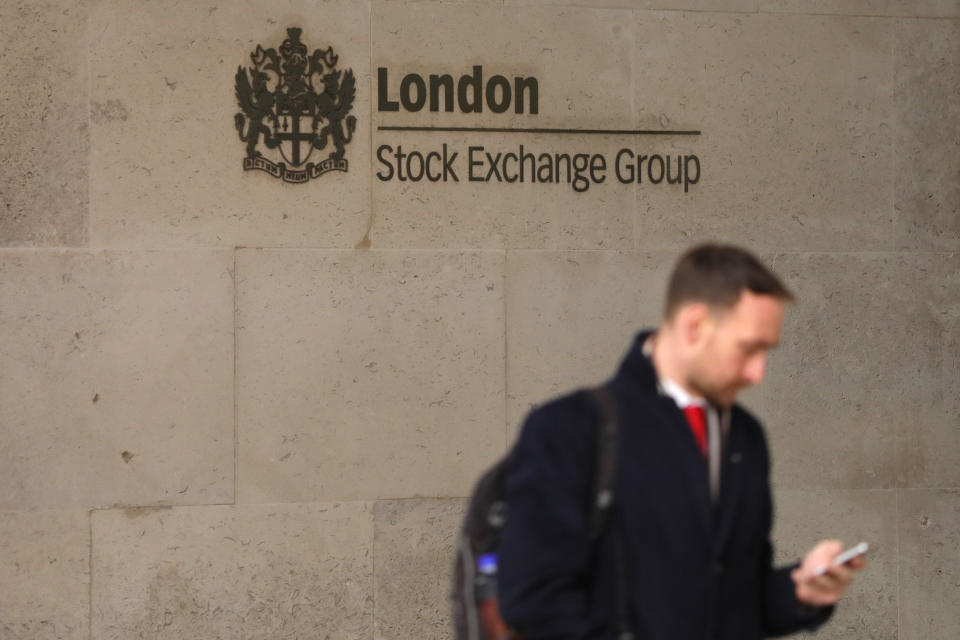COVID-19 could impact UK profits by £170bn over 2020 and 2021

Profits at the UK’s listed companies could take a hit of £170bn ($209bn) over the next 18 months due to the coronavirus pandemic, according to a new report.
The new UK Profit Monitor from Link Group estimated a 75% decline in UK company profits by the autumn this year, before a bounce-back occurs into 2021.
Link Group identified the sectors most at risk from the impact of the coronavirus as mining, oil, gas and energy, airlines, leisure and travel, and general retail. These will be critically, directly affected sectors banned from trading or otherwise on the front line, Link Group said.

The report shows the UK’s listed companies are meeting the challenge of coronavirus in a particularly weak state. Even before the COVID-19 hit the UK their revenues and profits were in a prolonged earnings recession. Fewer companies have reported rising profits than any time since 2009.
Results reported during Q1, before any COVID-19 had an effect on companies, show revenues falling for the second quarter in a row.
There have only been four quarters in the last eight years where the decline in revenues was so broadly spread across different sectors. In Q1, revenues fell 2.4% with the greatest impact coming from the oil sector, which was suffering lower oil prices even before the current price war began, banks, and utilities.
Consequently, pre-tax profits plummeted 29.8% year-on-year, deepening the UK’s earnings recession even before the impact of the coronavirus.
Earnings were down for the third consecutive quarter, with the decline affecting large and small companies alike. In the last quarter, just 42% of companies managed to grow their bottom line year-on-year, the lowest proportion since 2009.
Read more: Stocks climb amid further signs of coronavirus plateau in Europe
In the last 12 months UK companies saw profits of £166.9bn — 5.7% less than the £176.9bn they made in 2007 just before the last recession hit. With inflation taken into account, profits booked in the last year are around a third lower than in 2007.
Over the last 12 months, UK limited companies have generated profits of just £8.30 on every £100 of sales, compared with £14 in 2007.
Susan Ring, CEO of Global Corporate Markets, authors of the Link Group UK Dividend Monitor said: “The pandemic has huge social and economic consequences. Firm evidence of how companies are faring will take time to emerge; even profit warnings will only be of marginal use given the rapidly moving situation.
“This is why the stock market is showing such unprecedented volatility. It is impossible to value companies accurately until investors can nail down with greater certainty the severity and duration of the disruption, and work out how effective the policy response will be from governments and central banks. Share prices are blown from pillar to post as a result.
“Lower profits mean lower share prices are justified. But most of the value of a share derives from its ability to deliver profits over the next 15-20 years, not just from the next year or so. If the damage from the crisis is short-term, and if profits start to rebound later this year, then the elimination of almost £800bn of value from UK stocks during the crash is a clear overreaction to the loss of perhaps £170bn of profits.
Read more: Pound rises with UK prime minister 'not on ventilator'
“The gap is the value of uncertainty. COVID-19 will cause a huge amount of economic damage, but does it justify value destruction on this scale?
“All this does not mean the market cannot continue to fall for now. Moreover, if we are set to endure a protracted slump, then our estimates for profits are likely too sanguine. But the recovery will come.”

 Yahoo Finance
Yahoo Finance 